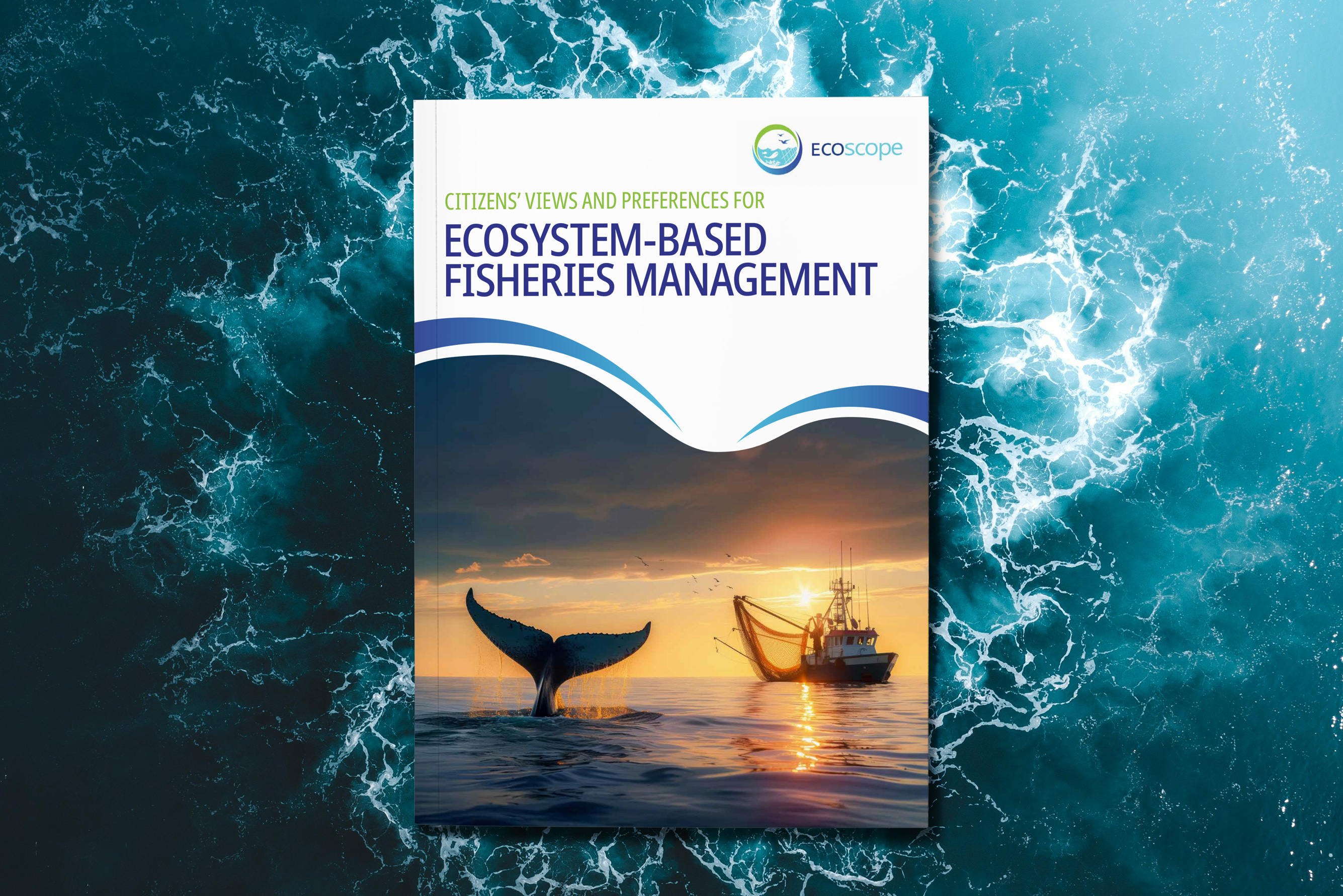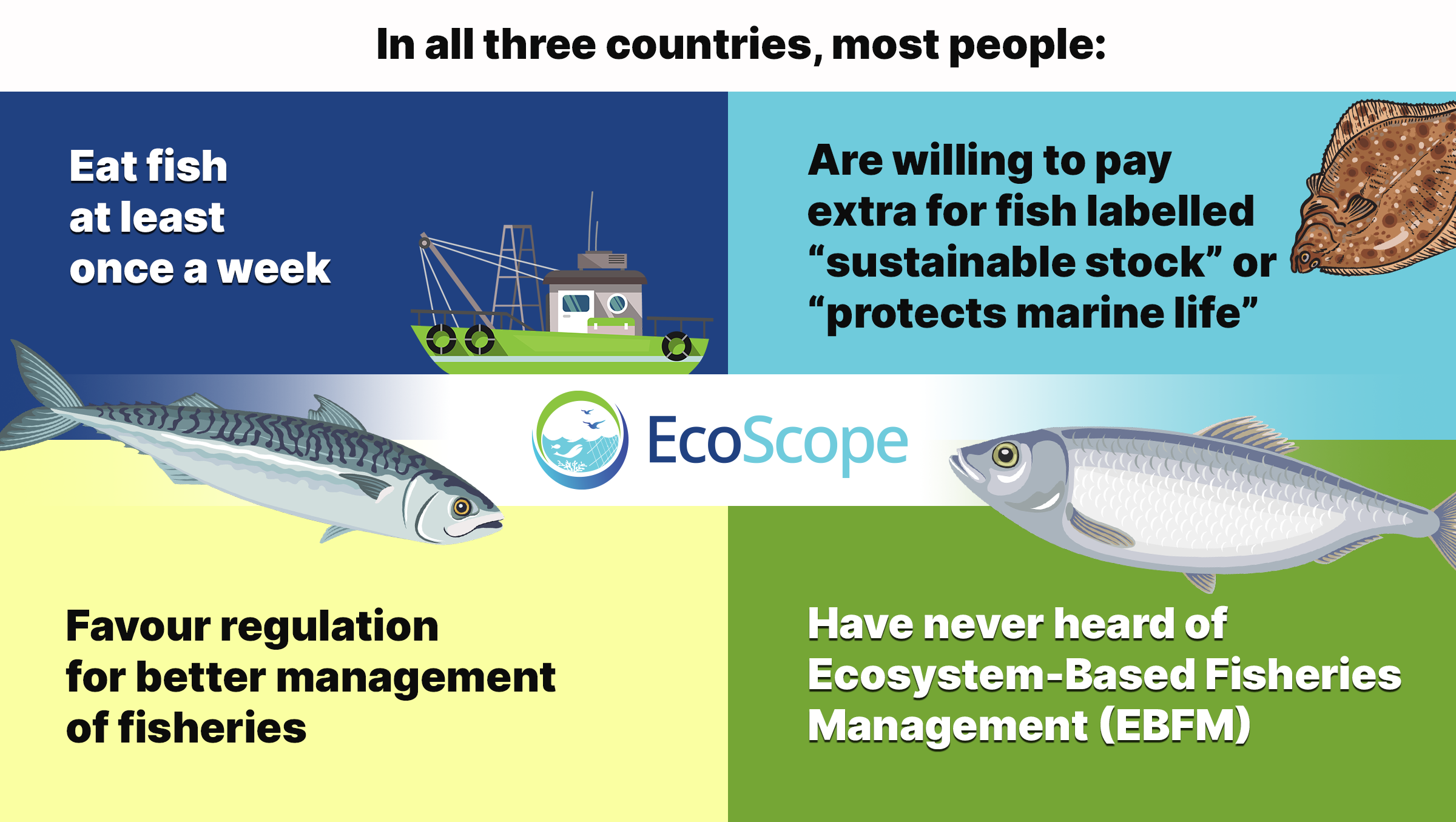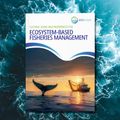EcoScope’s policy brief reveals: Europeans back marine protection and are willing to pay for it
A new Policy Brief created under the EU-funded EcoScope project and published by the European Marine Board (EMB) sheds light on how citizens view sustainable fisheries management. The findings offer compelling insights for policymakers working to align marine conservation goals with public support.
The brief Citizens’ views and preferences for Ecosystem-Based Fisheries Management (EBFM) presents the results of a large-scale survey of over 1,500 individuals in the UK, Bulgaria, and Malta led by Marie Briguglio from EcoScope partner University of Malta.
The respondents represented a wide cross-section of each country’s population, spanning various ages, education levels, income brackets, and ethnic backgrounds. The aim was to assess public awareness of ecosystem-based fisheries management (EBFM) and to understand citizens’ preferences and values regarding marine resource management.

Although most respondents had never heard of the term “Ecosystems Based Fisheries Management (EBFM) per se, the survey revealed that Europeans are overwhelmingly supportive of the policies it represents, both as citizens and as consumers.
Other key findings include:
Most people eat fish at least once a week.
There is strong support for regulations that protect marine life.
Citizens are willing to pay more for fish labeled as “sustainable stock” or “protects marine life.”
Many are open to the use of taxpayer money and even private donations to support improved fisheries regulation.
“Policymakers should feel confident that citizens and consumers are ready to back bold actions for ocean sustainability—even if they don’t speak the technical language of fisheries management.” noted Marie Briguglio.

The Policy Brief offers three key recommendations:
Educate the public about EBFM and its long-term benefits.
Integrate public concerns and values into the design of fisheries regulations.
Examine the social implications of fisheries policies—particularly their impact on food security and marine ecosystem services.
This brief reinforces EcoScope’s core message: sustainable fisheries policies cannot succeed in a vacuum. They need to be informed not only by science and economics but also by the people who depend on and care about the ocean.





